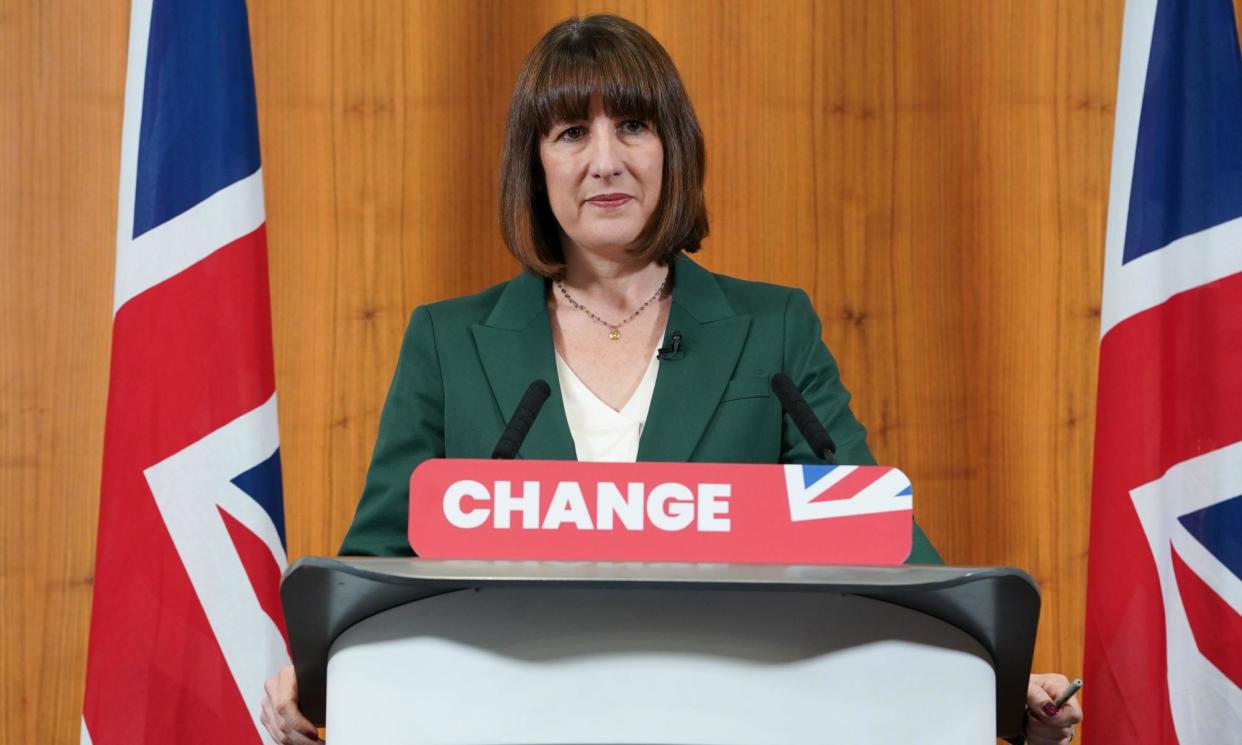How to reverse austerity? Scrap some of the tax-relief schemes worth £204bn

When Keir Starmer and Rachel Reeves consider the funding gap between what they want a Labour government to achieve and the money available, there are billions of pounds in unjustified tax giveaways that could be cancelled to help reverse austerity.
Successive governments have put in place tax breaks to boost economic growth that in the worst examples have proved to be a fraudsters’ charter and, even in less scandalous circumstances, are undermined by a lack of evidence about whether they achieve their aims.
Tax experts agree there is scope to make savings; so does the National Audit Office. In a report earlier this year the watchdog said there were 341 tax breaks with the ostensible task of promoting economic growth worth £204bn.
After examining how these tax reliefs were managed by HMRC, it concluded the tax agency knew little about their effect on economic growth. In other words, it was possible that many merely lined the pockets of company owners and the better off.
In one example, £1bn is given away each year to business owners when they sell up. The business asset disposal relief scheme, known before 2020 as entrepreneurs’ relief, reduces the rate of capital gains tax (CGT) on disposals of businesses or business assets from 20% to 10%.
There might be a justification for the £1bn tax break should studies show more businesses have been started because it exists. But there are no such studies, so it is widely regarded as just a bung to those who have already built successful enterprises.
Inheritance tax has many exclusions, including one that allows people who invest in funds that target shares listed on the London stock exchange’s Aim market for small businesses. The gains made from these investments are excluded from estates for inheritance tax purposes.
Absurd tax reliefs, like most of those in the inheritance tax system, just let the rich hang on to their wealth
Richard Murphy, head of Tax Research
Are more investments made in small companies because this tax break exist? Again, nobody knows.
Richard Murphy, the head of the consultancy Tax Research, says: “Absurd tax reliefs, like most of those in the inheritance tax system, just let the rich hang on to their wealth.”
Higher rate tax relief on gifts to charities is another giveaway to wealthy people. Why not offer everyone the same level of support for gifting to charities instead of a better deal to those who have lots of money? The same could be said for the estimated £15bn handed back to higher-rate taxpayers who save into a pension. In effect, the state gives someone earning less than £50,271 20p in every £1 saved in a pension, but 40p in the £1 to someone with a higher annual income.
It has never been fair and the only justification for keeping the current system is the complaints from pension funds about the difficulties they would have changing their computer systems. They also spread fear about a drop in pension saving, but with no evidence to back up this claim.
The UK’s tax system also allows people living abroad to avoid capital gains tax on their UK investments. Most countries impose what is termed a withholding tax on dividends, which applies a 20% charge unless the investor can show they have paid the tax in another country. It means people based in tax havens like the Cayman islands pay tax on German investments but not those made in the UK.
Mike Warburton, a well-known tax expert and former partner at the accountants Grant Thornton, said: “Labour could justify [scrapping it] on the basis that most other countries apply it and only people living abroad benefit.”
Probably the worst example of a tax break for business was the scheme that aimed to promote investment in research and technology by smaller companies.
It is so generous it allows companies to write off 186% of the value of any investment against corporation tax.
The bill to the Treasury increased by 575% in cash terms between 2013-14 and 2021-22, when it cost £4.76bn. A belated crackdown on fraud by HMRC is understood to have reduced the subsidy’s cost in the last year, but what HMRC cannot do is show that the tax break has encouraged R&D by small firms.
Related: Caution, not grand plans, is needed if Labour is to build wealth in Britain
Reeves has said she will ramp up HMRC’s resources to tackle fraud and avoidance schemes. She has started cancelling some tax breaks for the wealthy and allocating the money for extra teachers and towards reductions in health service waiting lists. A panel that includes former Treasury official Sir Edward Troup will advise her on the next steps.
What the NAO report shows is there is more scope to review and reform the UK’s hotch-potch of tax reliefs to save many billions of pounds more.
• Phillip Inman is economics editor of the Observer and an economics writer for the Guardian


